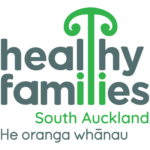Mike Tipene, from He Oranga Poutama, loves sharing his knowledge of traditional Māori games in South Auckland and across the Tamaki Makaurau.
“Part of my role is working with Māori communities to deliver sporting opportunities and to create new ones,” says Tipene.
“We’re also in spaces that aren’t Māori oriented, but they want to experience our traditional games,” he adds.
Healthy Families South Auckland accompanied Tipene to Destiny School in Wiri, during Te Wiki o Te Reo Māori, as part of the Village Games Movement.
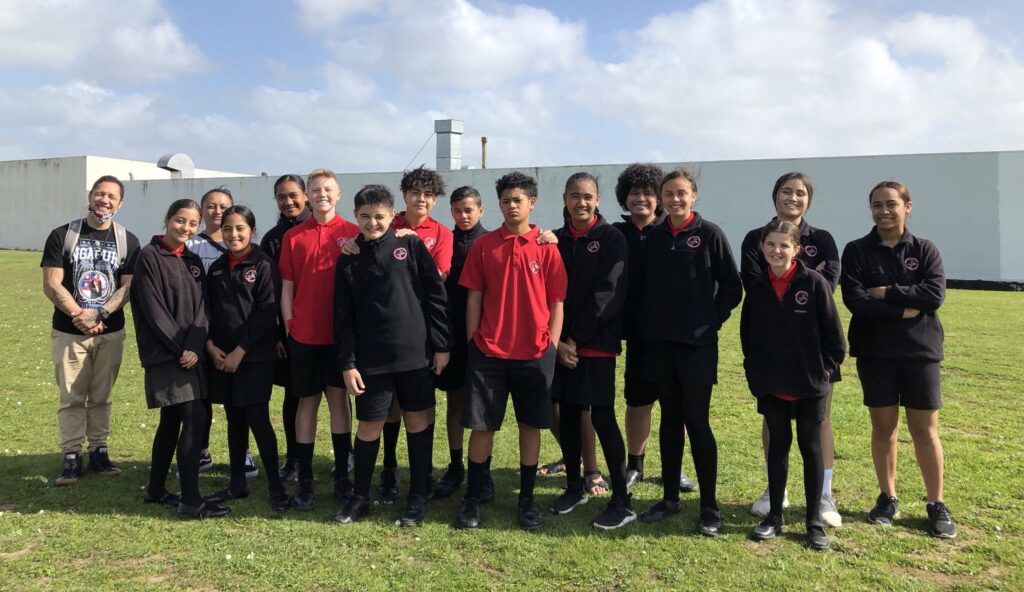
Tipene taught the students Poi Rākau, an exercise where a kaiako (tutor) instructs participants in te reo Māori to land into moves, these are:
- Tū tāne (left foot forward, left hand on left hip, rākau in right hand)
- Tū patapata (small quick steps on the spot)
- Peke (jumping heel kicks)
- Paki (remove both hands from rākau, clap and then regather rākau)
- Maui (move to the left)
- Matau (move to the right)
Tipene said the game celebrates Te Reo Māori and uses sport to encourage kids to embrace the language.
They also played Mū tōrere, a game of strategy, watch the video here.
This can be played on a picture of an octopus with a pūtahi (centre space) and eight kāwai (tentacles).
Players move one of their counters per turn to an empty point. Players can move only to an adjacent kāwai, and can move to the pūtahi only when the moved counter is adjacent to an opponent’s counter. The player who blocks all the opponent’s counters from moving is the winner.
“The idea is to trick your opponent,” says Tipene.
“It’s a way for tamariki to understand how our ancestors had to think, for example in times of war,” he adds.
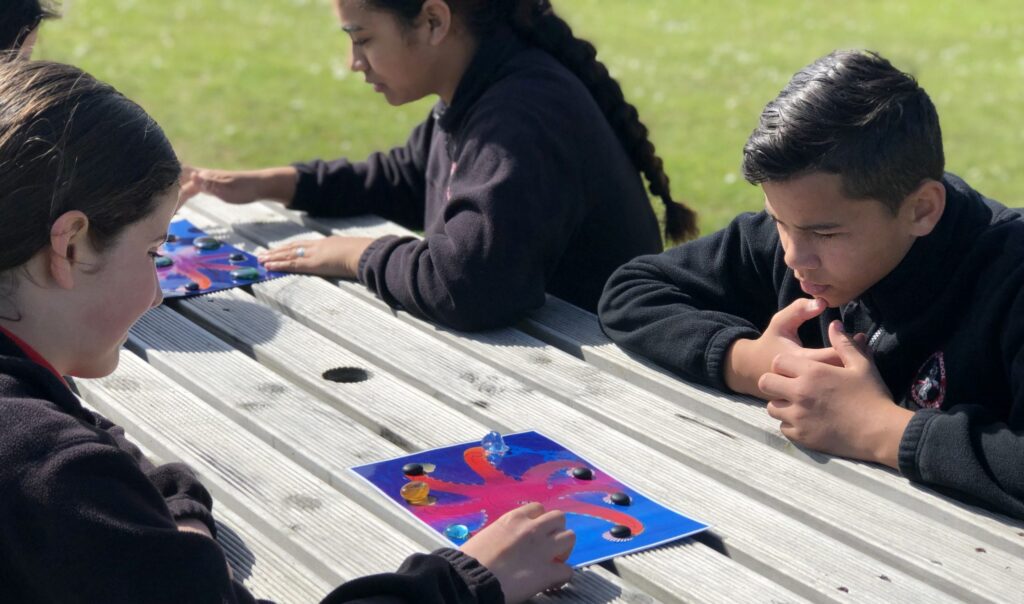
Better health and wellbeing through action
Tipene believes traditional games can be a vehicle for attaining better health for whānau, connecting them to narratives passed down through generations.
In Te Ao Māori (the Māori world), Te Whare Tapa Whā is the philosophy of health and wellbeing.
“Te Whare Tapa Whā speaks to four dimensions or walls of a whare (house). If any of these walls were to be neglected, then your whare would be off kilter,” says Tipene.
“In our games, there’s movement that contributes to taha tinana, physical wellbeing. There’s a language lesson and learning which contributes to taha hingero.
We are creating relationships which speak to social wellbeing or taha whānau and we’re connecting to an ancestral body of knowledge and making a spiritual connection to the past, which is taha wairua,” he says.
Tipene says traditional games are a fun way to connect to all these elements through a single activity.
“As a nation we have the potential to be more authentically active in relation to our culture here in Aotearoa and retells the narrative of sport” he adds.
Healthy Families South Auckland have been creating resources alongside the Pacific Language Weeks.
“The Village Games is not a programme, it’s a Movement and celebration of culture and identity,” says Systems Innovator Noel Edmonds.
“We’re listening to the authentic voices of Pacific and Māori communities to understand their stories of traditional games, play, sport, and active recreation in Aotearoa,” Edmonds adds.
